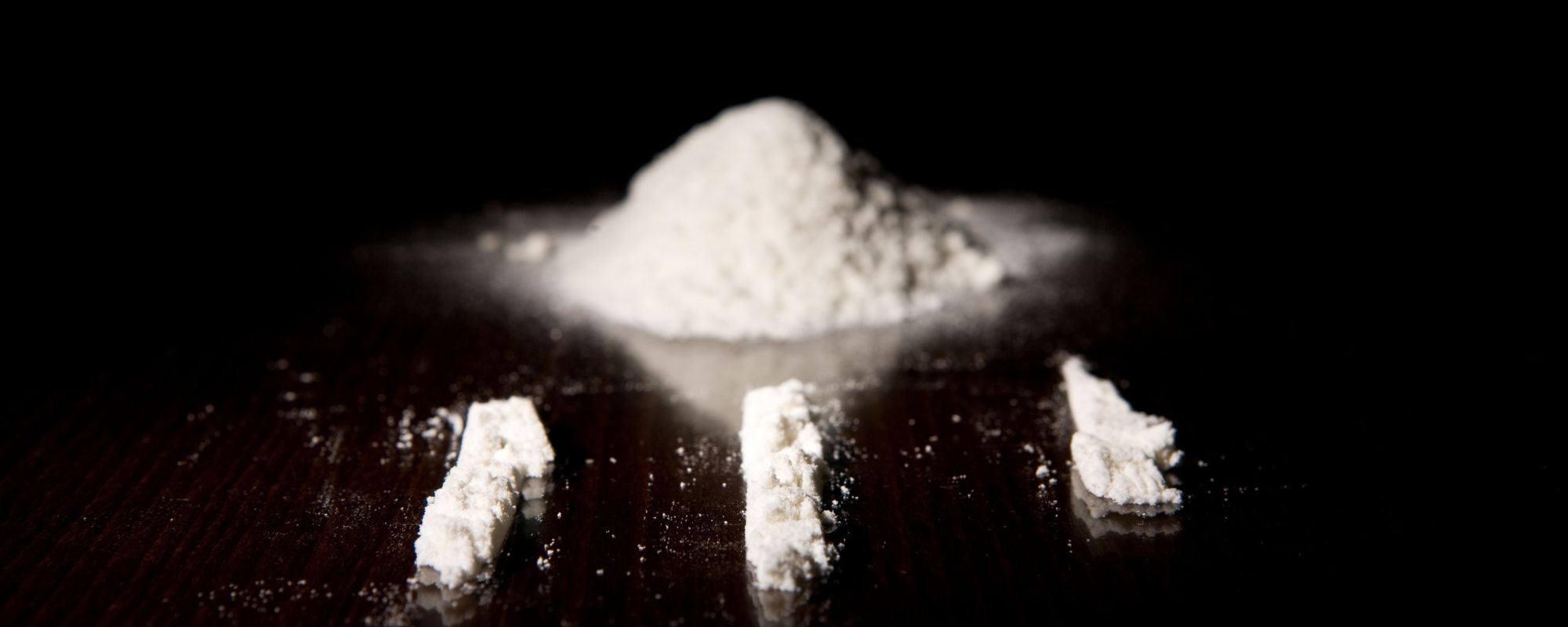Xanax, the brand name for alprazolam, is a benzodiazepine commonly prescribed to treat anxiety disorders and panic attacks. As a central nervous system depressant, Xanax is classified as a Schedule IV controlled substance by the Drug Enforcement Administration (DEA), meaning it has recognized medical uses but carries a risk for abuse and dependence. Despite its therapeutic effects when used short-term, Xanax addiction has become a growing concern in the United States, especially due to its high potential for misuse.
If you or a loved one is misusing Xanax, seeking help from a professional addiction treatment center is critical. At Royal Life Centers at Spokane Heights, we specialize in treating prescription drug addiction through safe detox, research-based therapy, and individualized care.
Is Xanax Addictive?
While Xanax can be effective when used as prescribed for short periods, long-term use can lead to tolerance, dependence, and addiction. Many individuals with Xanax addiction began using the drug legally under a doctor’s care. Over time, the body adjusts to the medication, and higher doses may be needed to achieve the same effects. This cycle often leads to prescription drug abuse, where individuals take more than prescribed or continue using the drug beyond the recommended timeframe.
How Xanax Abuse Happens
Xanax misuse can take several forms, including:
-
Taking higher doses than prescribed
-
Using Xanax without a prescription
-
Mixing Xanax with other substances like alcohol or opioids
-
Crushing and snorting pills
-
Smoking or injecting the drug
People may begin abusing Xanax to self-medicate anxiety symptoms, or because of its sedative effects that promote a sense of calm and euphoria. However, these short-term rewards come with serious long-term consequences.
The Dangers of Street Xanax and Pressed Pills
Illicitly sold Xanax bars are often counterfeit and may contain dangerous substances like fentanyl, a synthetic opioid that is 50–100 times stronger than morphine. Just one counterfeit pill can be deadly. The rise in fentanyl-laced Xanax has contributed to thousands of overdose deaths, making it one of the most dangerous substances found in the illegal drug market today.
Short-Term and Long-Term Effects of Xanax Abuse
Short-Term Effects:
-
Drowsiness and sedation
-
Slurred speech
-
Lack of coordination
-
Fatigue
-
Memory problems
-
Slowed breathing
-
Low blood pressure
-
Impaired judgment
Long-Term Effects:
-
Memory loss
-
Cognitive decline
-
Mood disorders like depression and irritability
-
Rebound anxiety
-
Paranoia or hallucinations
-
Aggressive or erratic behavior
-
Physical and psychological dependence
-
Increased risk of seizures during withdrawal
Prolonged misuse of Xanax also affects brain function, emotional regulation, and motor skills, often requiring comprehensive addiction treatment to address the full scope of the damage.
Xanax Withdrawal and Detox Risks
One of the most dangerous aspects of Xanax abuse is Xanax withdrawal. Stopping benzodiazepines “cold turkey” can result in severe and potentially life-threatening symptoms, such as:
-
Insomnia and anxiety
-
Muscle cramps
-
Headaches
-
Tremors
-
Nausea and vomiting
-
Light and sound sensitivity
-
Seizures
-
Suicidal thoughts
-
Death (in severe cases)
Because of these risks, individuals should never attempt to detox from Xanax without medical supervision. A medical detox program provides 24/7 monitoring, tapering protocols, and comfort medications to reduce the severity of symptoms.
Reach Out for Help With Drug Addiction
Are you struggling with substance abuse?
Royal Life Centers at Spokane Heights is here to help you recover. Because we care.
Can You Overdose on Xanax?
Yes, Xanax overdose is a medical emergency. Symptoms include:
-
Slurred speech
-
Extreme drowsiness
-
Slow or irregular heartbeat
-
Unresponsiveness
-
Difficulty breathing
-
Coma
Overdose risk increases dramatically when Xanax is mixed with other CNS depressants, such as alcohol, opioids, or sleep medications. Alcohol addiction and Xanax addiction together are very dangerous, as the risks for overdose increase dramatically. Getting help from an addiction center for substance abuse treatment, including xanax treatment, is a smart option for anyone. Individualized treatment plans help tailor programs to the needs of each person.
Recovering From Xanax Abuse
Recovering from Xanax addiction can be especially challenging due to the drug’s powerful sedative effects and the high potential for physical dependence. As a prescription medication in the benzodiazepine class, Xanax (also known as alprazolam) is often prescribed for generalized anxiety disorder, panic disorder, and stress disorders. However, prolonged alprazolam use can lead to drug misuse and the development of an addiction. Many individuals who become addicted to Xanax also misuse other drugs and alcohol, further complicating the recovery process. The withdrawal symptoms that result from stopping taking Xanax can be severe—ranging from anxiety and insomnia to seizures and life-threatening complications—especially when combined with alcohol withdrawal or other substances like crystal meth or synthetic marijuana. This makes it crucial to avoid quitting alcohol cold turkey or abruptly stopping Xanax without medical supervision.
Xanax Addiction Treatment at Royal Life Centers
At professional rehab centers like Royal Life Centers, addiction recovery starts with a medically supervised detox, followed by a personalized addiction treatment program that may include outpatient treatment, online therapy, and other types of treatment based on individual needs. Spotting the signs of addiction, such as cravings, mood swings, or an inability to stop taking the drug, is a vital first step. Our expert staff works with you to explore every treatment option, including holistic care and behavioral therapies, to help you start your recovery and reclaim your life.
At Royal Life Centers at Spokane Heights, we offer a full continuum of care for benzodiazepine addiction. We start our treatment with a medical detox (when necessary) to safely manage withdrawal, followed by participation in our residential treatment and intensive outpatient programs. Our therapies address the underlying causes of addiction, including co-occurring mental health disorders like anxiety, depression, and PTSD.
Our research-based treatment includes:
-
Cognitive behavioral therapy (CBT)
-
Dialectical behavior therapy (DBT)
-
Motivational interviewing
-
Relapse prevention planning
-
Medication-assisted treatment (MAT) (as needed)
-
Family therapy and education
-
Holistic approaches including yoga, art, and mindfulness
We also help our guests transition to aftercare programs like sober living, alumni support, and peer recovery groups, ensuring long-term success in sobriety.
Get Help for Xanax Addiction Today
Xanax addiction can quickly spiral out of control, but recovery is possible with the right support. If you or someone you love is struggling with benzodiazepine dependence, don’t wait. Call Royal Life Centers at Spokane Heights today at (888) 547-1586. Our compassionate admissions team is available 24/7 to answer your questions and verify your insurance.
Let us help you take the first step toward healing. Because We Care.


















